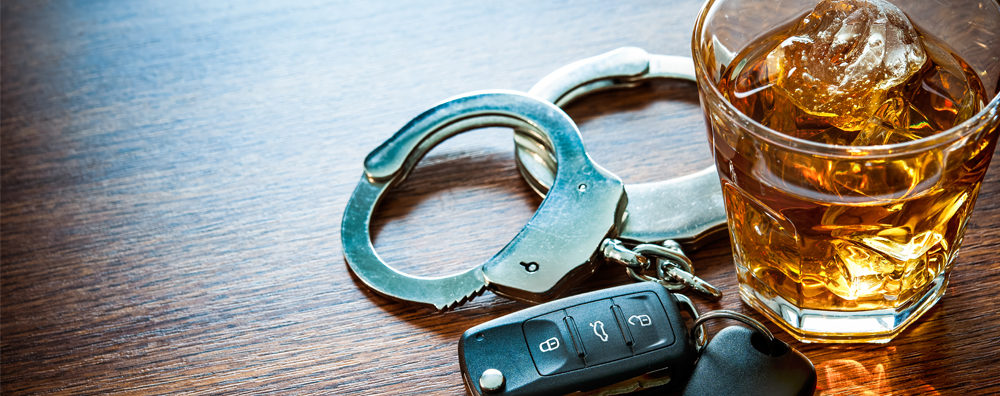
Experienced DWI Attorneys in Houston
Driving while intoxicated (“DWI”) is one of the most common—but also one of the most complex—charges filed in state court. Years ago these cases simply revolved around whether a jury thought the driver was physically or mentally impaired based on what the arresting officer told the jury happened on the side of the road. That is no longer the case.
Today’s DWI cases involve new layers of evidence. Police dash cameras usually record the entire police-citizen interaction. Officer body cameras sometime add yet another perspective. If multiple officers respond then the video recordings increase accordingly.

More significantly, police officers usually get a suspect’s consent or a judge’s search warrant to seize a sample of the suspect’s blood (or breath). The government employs complicated scientific principles to test the sample, obtain an alcohol concentration, and extrapolate back in time to guess what the suspect’s alcohol concentration was when he/she was operating the vehicle. The underlying science is complicated, but with complicated science comes numerous avenues to attack the State’s ultimate conclusion—assuming the lawyer knows how to do it. The lawyers at Shellist Peebles McAlister LLP know how to defend all aspects of a DWI case.
Steve Shellist, Peyton Peebles, and Sean McAlister are three former Assistant District Attorneys with nearly 60 years of combined experience handling DWI cases. They were prosecutors when many of these techniques were being developed and, as criminal defense lawyers, have immersed themselves in the methods of defeating DWI cases. Our attorneys have even attended lengthy training courses in Chicago led by scientists that helped develop the gas chromatography devices and techniques used to test blood alcohol today.
If you or a loved one has been arrested for DWI, hire a lawyer experienced in DWI immediately. There are deadlines that begin running at the point of arrest. Failure to honor those deadlines can devastate someone’s ability to drive and hamper the defense in the criminal case. Shellist Peebles McAlister LLP can help.
NO CHARGE FOR PHONE CALLS OR INITIAL OFFICE CONSULTATIONS
- Some of Our DWI Victories
- What Happens When You’re Arrested and Charged with DWI?
- Defending Against a Blood Draw
- Defending Against a Breath Test
- Bond Conditions and License Suspension
- FIRST DWI
- Driving While Intoxicated 2nd (DWI 2nd) - Second Time DWI Offender
- Driving While Intoxicated 3rd or more (DWI 3rd) - Third Time DWI Offender
- Intoxication Assault and Intoxication Manslaughter

FELONY DWI—Two consecutive NOT GUILTY jury verdicts for a client arrested for his 7th and 8th Driving While Intoxicated charge. Client was on parole after receiving a 60-year sentence on DWI number six. First Jury Trial: Officer stated he was driving without headlights and weaving all over the road. Officer alleged client was so intoxicated that he was staggering and could not even perform the sobriety tests. The jury found the client NOT GUILTY after only deliberating for 30 minutes. Second Jury Trial: Officer did not give the client a chance (because of his prior history) and greatly embellished the signs of intoxication, describing client as “falling down drunk.” The jury agreed that the station video painted a much different picture of the defendant and found him NOT GUILTY.
DWI with gun possession—Client drove completely through a house at 2:30 am, admitted drinking, failed sobriety tests—NOT GUILTY BY JURY (DWI) and gun case dismissed.
DWI on alcohol and pain killers—Client failed sobriety tests, drove over neighbor’s mailbox, and had .21 blood test—DISMISSED after showing insufficient anticoagulant and clotted blood sample.
DWI—Client collided with an 18-wheeler and had "slurred speech, red bloodshot eyes, poor balance, odor of alcohol" after drinking wine at child's school function—DISMISSED upon showing motive for government witness to lie and medical records consistent with injury rather than intoxication.
DWI—Client drove over 100 miles-per-hour, failed field sobriety tests, and refused a breath test—DISMISSED after securing police video showing clear speech and thought.
DWI—Client ran into the back of a vehicle that was waiting to pay at a tollbooth. Arresting officer claimed the the client had an open container of alcohol in the vehicle and admitted drinking six beers. DISMISSED after presenting evidence that both the officer and the driver of the other vehicle involved in the accident greatly exaggerated their stories.
FELONY DWI WITH CHILD PASSENGER—Officer alleged that client ran a stop sign. Client provided a breath sample with a result almost three times the legal limit. DISMISSED after showing the officer illegally stopped the client because there was no stop sign at the intersection in question.
DWI—Client accident. Blood sample taken at the hospital showed client to have at least twice the legal limit of alcohol. The case was DISMISSED after the state was unable to produce a witness who could positively identify our client as the driver.

Naturally, you get scared and sometimes panic. You’re concerned about your driver’s license, your job, and whether you’re heading to jail. RELAX. We can help.
When you were arrested, the officer probably read you some information and warnings before asking you for a breath or blood sample. You either gave a sample or you didn’t. If you didn’t, the officer probably got a warrant to seize your blood anyway. Then you were taken to jail, booked, and later released on some sort of bond with instructions to appear in court. There’s a good chance the police kept your driver’s license and gave you some paperwork instructing you that your license will be suspended unless you quickly file paperwork to challenge the suspension. This is the most important deadline at the beginning of a DWI case. You should immediately hire an experienced lawyer and discuss fighting the ALR (administrative license revocation) suspension.
Next you will deal with the criminal DWI charge. Thousands of people go through this every year. You will have to appear in court, on time, every time you are instructed to (usually about once a month). This will go on for many months if you have a good lawyer, since the lawyer needs time to independently investigate your case.
At some point your lawyer will have educated you about the law of DWI, the relevant facts from your case, and any possible legal issues, defenses, or weaknesses in the State’s case. The prosecutor will either dismiss the case or present his/her best settlement offer (plea bargain). If the case is not dismissed or settled through a plea bargain, then the judge will set it for trial.
Your biggest challenge is, frankly, choosing the right lawyer. Once you hire a lawyer experienced in DWI cases, you should be able to relax and let the lawyer assume the stress for you. The lawyers at Shellist Peebles McAlister LLP are experienced in DWI defense and have taken the stress away from hundreds of DWI clients.
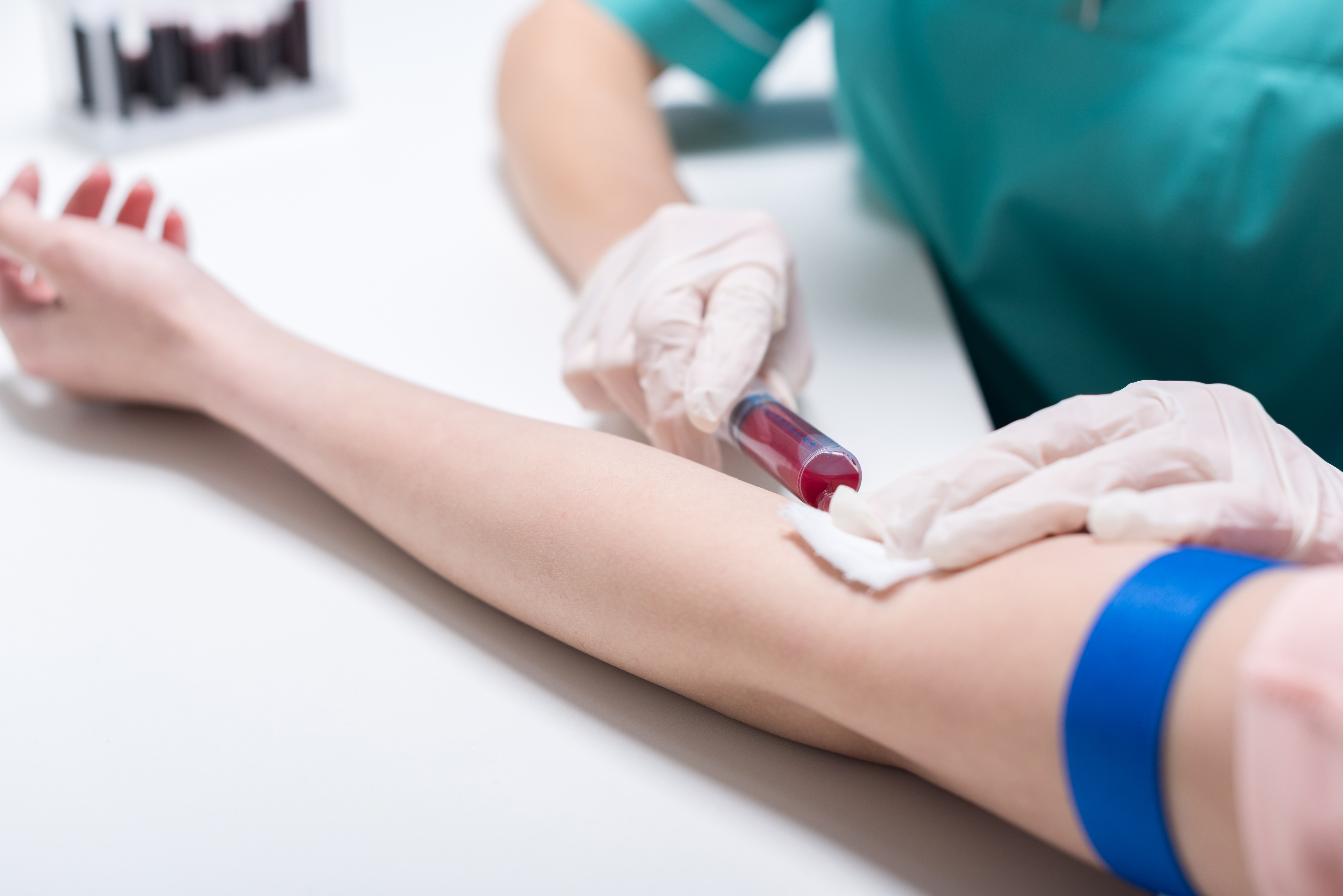
Blood. The most deadly weapon in the government’s DWI arsenal. DWI trials used to be all about an officer’s testimony—how the suspect was driving, what the suspect smelled and sounded like, and how the suspect performed on some balancing tests. Maybe the defendant testified, maybe not. But science had little to do with it.
Today’s DWI trial is all of that with blood science. And blood makes everything more complicated. It has to be drawn based on a properly secured search warrant (usually). Then it has to be drawn correctly to avoid contamination and coagulation. Then it has to be transported and stored correctly. Then it has to be tested correctly in reliable, error-free machines. Finally, a scientist has to consider many factors in order to correctly extrapolate back in time and estimate a suspect’s blood alcohol concentration at the time he or she was operating a vehicle.
All of those “proper” and “correct” steps provide fodder for a criminal defense lawyer—assuming the lawyer knows how to use it. The lawyers at Shellist Peebles McAlister LLP have specifically trained in gas chromatography, the scientific method used by labs across the world to test blood and secure its alcohol concentration. We’ve completed extensive hands-on training at Axiom Labs in Chicago, where the country’s best and brightest scientists specifically taught about weaknesses and potential trouble spots in the area of DWI criminal defense. We now use that training and knowledge to dissect the State’s case and attack the work of government lab analysts.
Do not assume all is lost if the government took your blood. Our lawyers are trained to attack the blood test and everything that led up to it. We have won many cases that seemed unbeatable in the beginning. Contact Shellist Peebles McAlister LLP for a consultation and let our aggressive, creative, and experienced DWI lawyers start fighting for you!
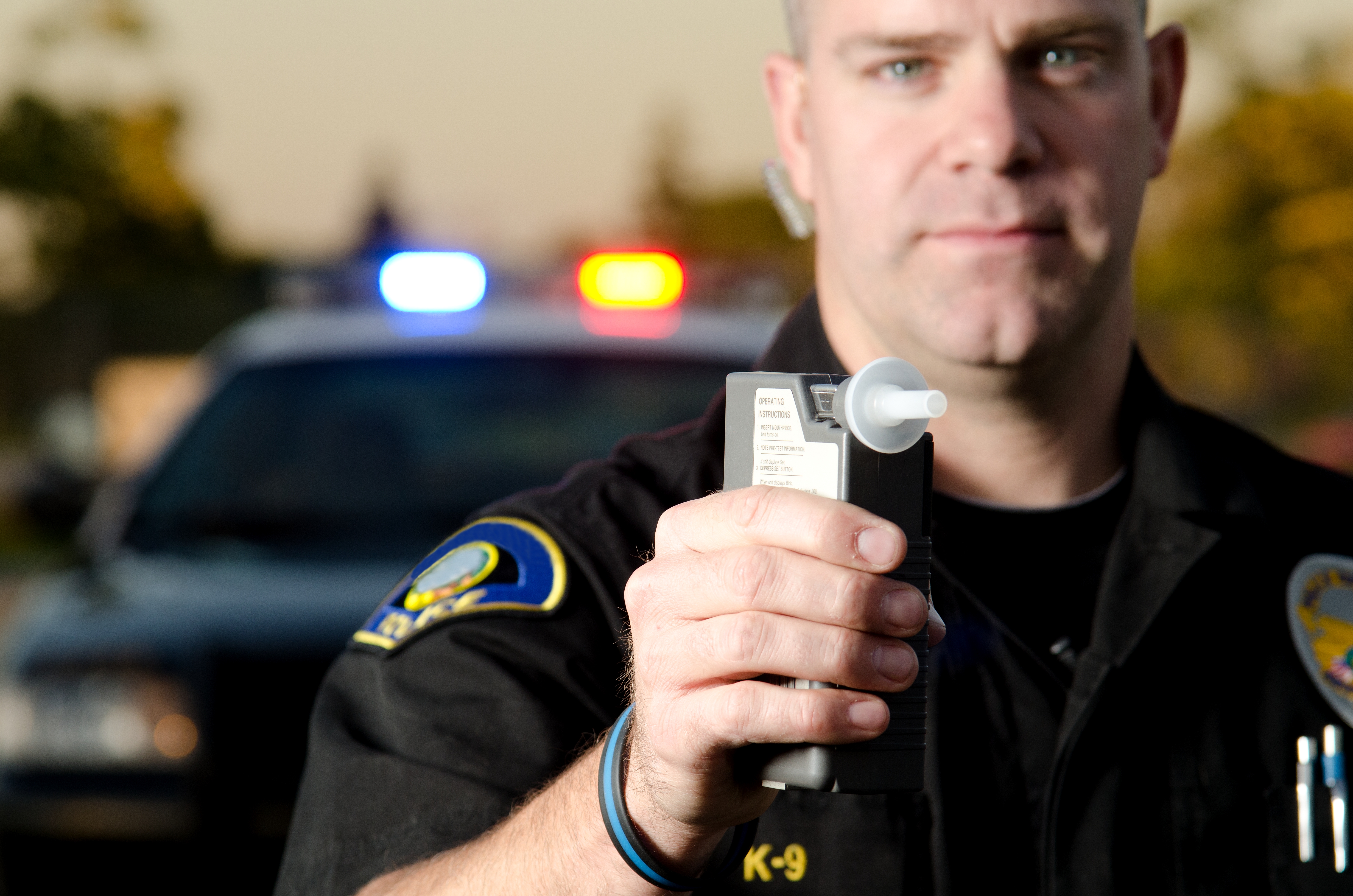
To blow or not to blow. That is the question. The answer used to be a simple “NO!” But that was back when blood draws were unheard of, so it was better for the government to have no scientific evidence than a breath test result. Today the government backs DWI suspects into a corner. The choices are to give a breath test or the police officer will get a search warrant and take the suspect’s blood. Many people choose the breath test.
Years ago the police used an Intoxilyzer 4011AS-A to analyze a suspect’s breath. Then they used an “improved” Intoxilyzer 5000. Then the Intoxilyzer 5000EN. Today they use the latest and greatest Intoxilyzer 9000.
Except that the Intoxilyzer 9000 is just the “latest and greatest” fraud upon science. It isn’t even specific to ethanol—the alcohol people drink. It simply spits out a number associated with the concentration of any number of organic substances, only one of which is ethanol. Moreover, the company that produces Intoxilyzer devices (CMI, Inc.) steadfastly refuses to release documents outlining its processes and supporting its scientific basis because of copyright concerns. Although used for human testing for decades, CMI does not even warrant the machine for this purpose.
Attorneys experienced in DWI cases know these arguments and more. A good attorney can challenge even a high breath test result. The lawyers at Shellist Peebles McAlister LLP have almost 60 years of collective experience in the law and science regarding DWI breath testing. Don’t just hire any lawyer. Hire one that knows the game and will play professionally for you. Contact Shellist Peebles McAlister LLP immediately.
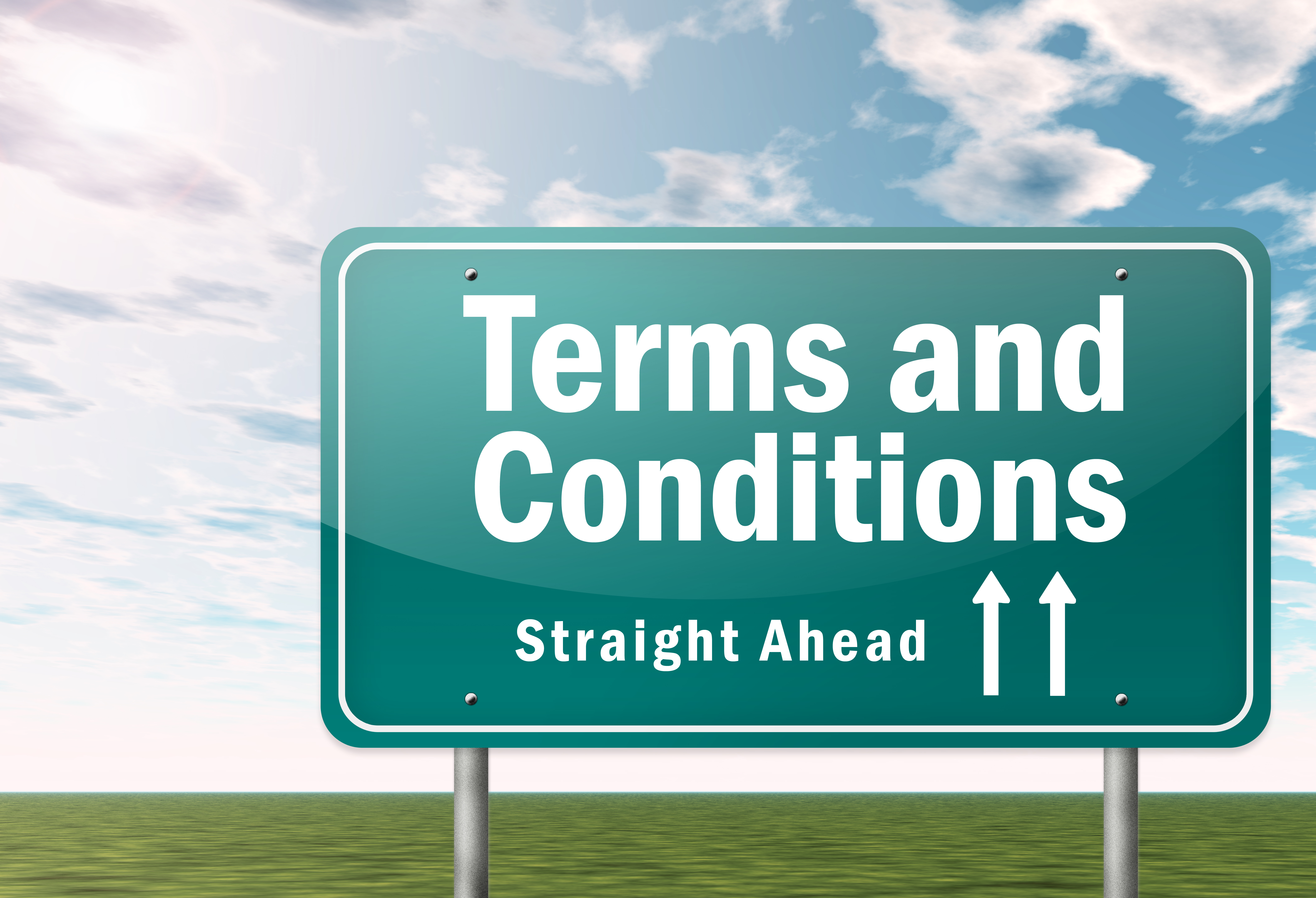
People charged with DWI must be concerned with more than just fighting their criminal case. While the criminal case is pending, a DWI defendant often has conditions of release (bond conditions) that must be honored to maintain the defendant’s freedom. In addition, the Texas Department of Public Safety (DPS) is often seeking to suspend the defendant’s driver’s license through an administrative proceeding that is different from, but runs parallel to, the criminal case.
Bond Conditions
Aside from a financial obligation (bail amount), a judge can order any condition of release that is reasonably necessary to: (1) ensure that the defendant is available and appears in court when instructed; and (2) protect public safety. For DWI defendants this might include instructions such as:
- Do not use or consume alcohol;
- Do not use or consume drugs except when lawfully prescribed;
- Do not drive a car unless the car has an ignition interlock device installed on it;
- Obtain and use a portable alcohol monitoring device (an in-home device or ankle device);
- Honor a curfew; or
- Do not drive at all.
Failure to honor any condition ordered could result in the defendant being arrested and jailed pending a new (and almost certainly higher) bail amount and additional conditions.
License Suspension
In addition to the criminal case, DPS will attempt to suspend an arrestee’s driver’s license if the arrestee either: (1) refused to give a breath, blood, or urine sample upon request; or (2) provided a sample that exceeded the 0.08 legal limit. The arresting officer will keep the arrestee’s driver’s license and provide him/her with documentation detailing the intent to suspend it. The arrestee only has 15 days to formally challenge this suspension and request a hearing. This is an absolutely critical deadline. If DPS succeeds, the suspension will last for between 90 days and 2 years, depending on the particular circumstances in the case.
Good Lawyering
Good DWI lawyers understand how to minimize release conditions and challenge DPS to prevent these license suspensions. The lawyers at Shellist Peebles McAlister LLP fight DPS on every DWI case. Our firm’s DWI lawyers have nearly 30 years of combined experience as prosecutors and nearly 30 more years of combined experience as criminal defense lawyers. We are knowledgeable, creative, and aggressive. We know how to approach these cases and will put our experience to work for you!
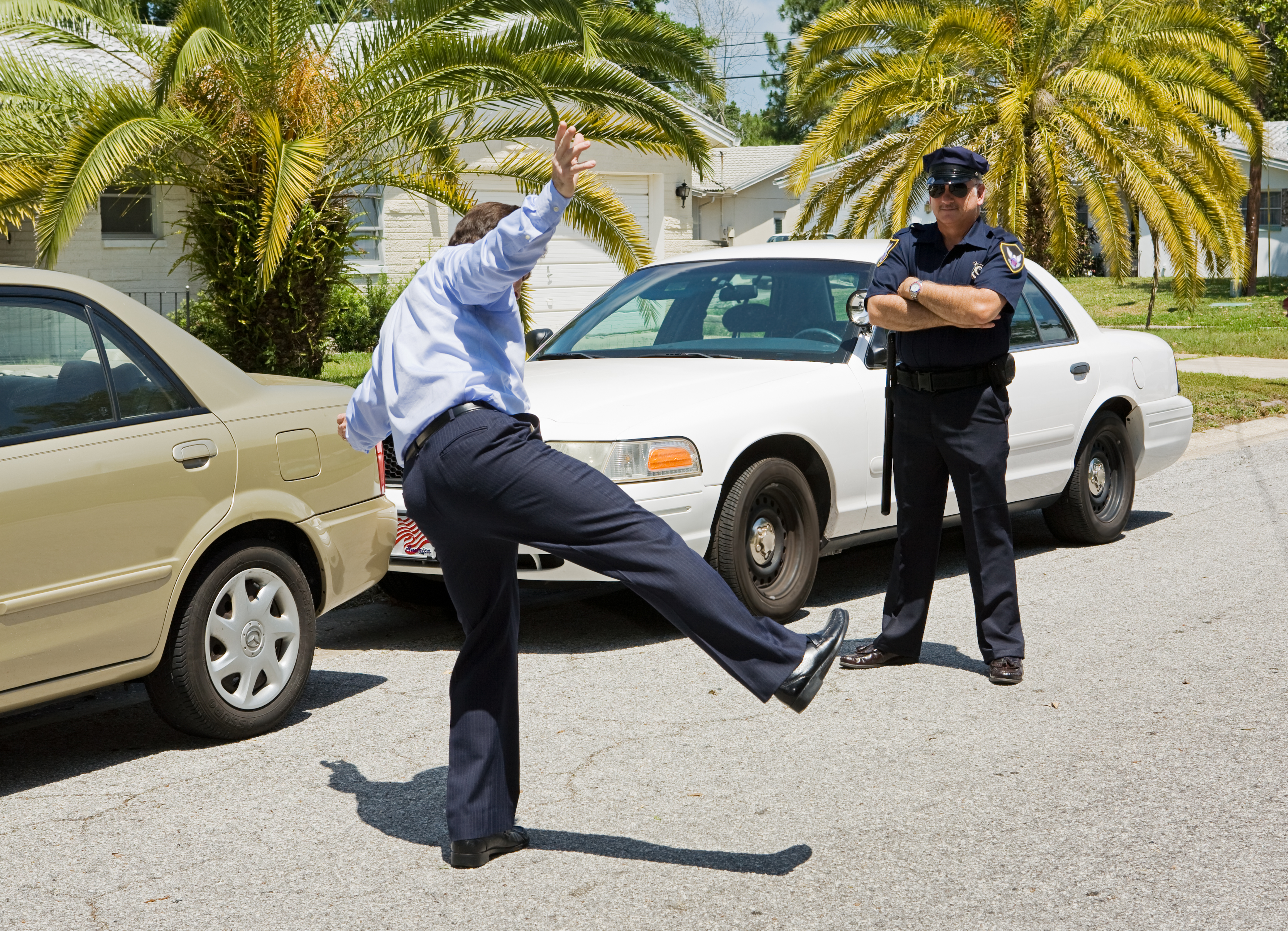
Although a first DWI technically references a situation where the defendant has never before been convicted of DWI, it most likely involves a defendant that has never before been arrested for anything (much less convicted). And it is the most common charge in Texas.
DWI is a serious offense. If convicted, the defendant can face up to 180 days in jail and up to a $2,000 fine (these punishments double if the State can show an alcohol test of at least 0.15). In addition, Texas statutorily prohibits deferred adjudication community supervision (a type of probation that avoids a conviction) in DWI cases. Straight probation involving a conviction is available, but its conditions can be onerous: missing work or school, paying fees, taking classes, performing community service, avoiding alcohol and drugs, driving with an ignition interlock device, serving days in jail, etc. A conviction for DWI often triggers another driver’s license suspension with expensive surcharges following the suspension as well as increased insurance rates. If ever arrested again, subsequent arrests will be treated even more seriously because of the prior DWI conviction.
It is imperative that you hire a competent criminal defense attorney skilled in DWI cases within a week after your arrest. The lawyers at Shellist Peebles McAlister LLP are former prosecutors that work together to give clients a superior position in their DWI cases. They are licensed to practice law in every Texas courtroom. With nearly 60 years of combined legal experience, the lawyers at Shellist Peebles McAlister LLP will thoroughly investigate every aspect of your DWI case and will go to trial when necessary, holding the State of Texas to its rigid and demanding burden of proof. Contact us immediately.
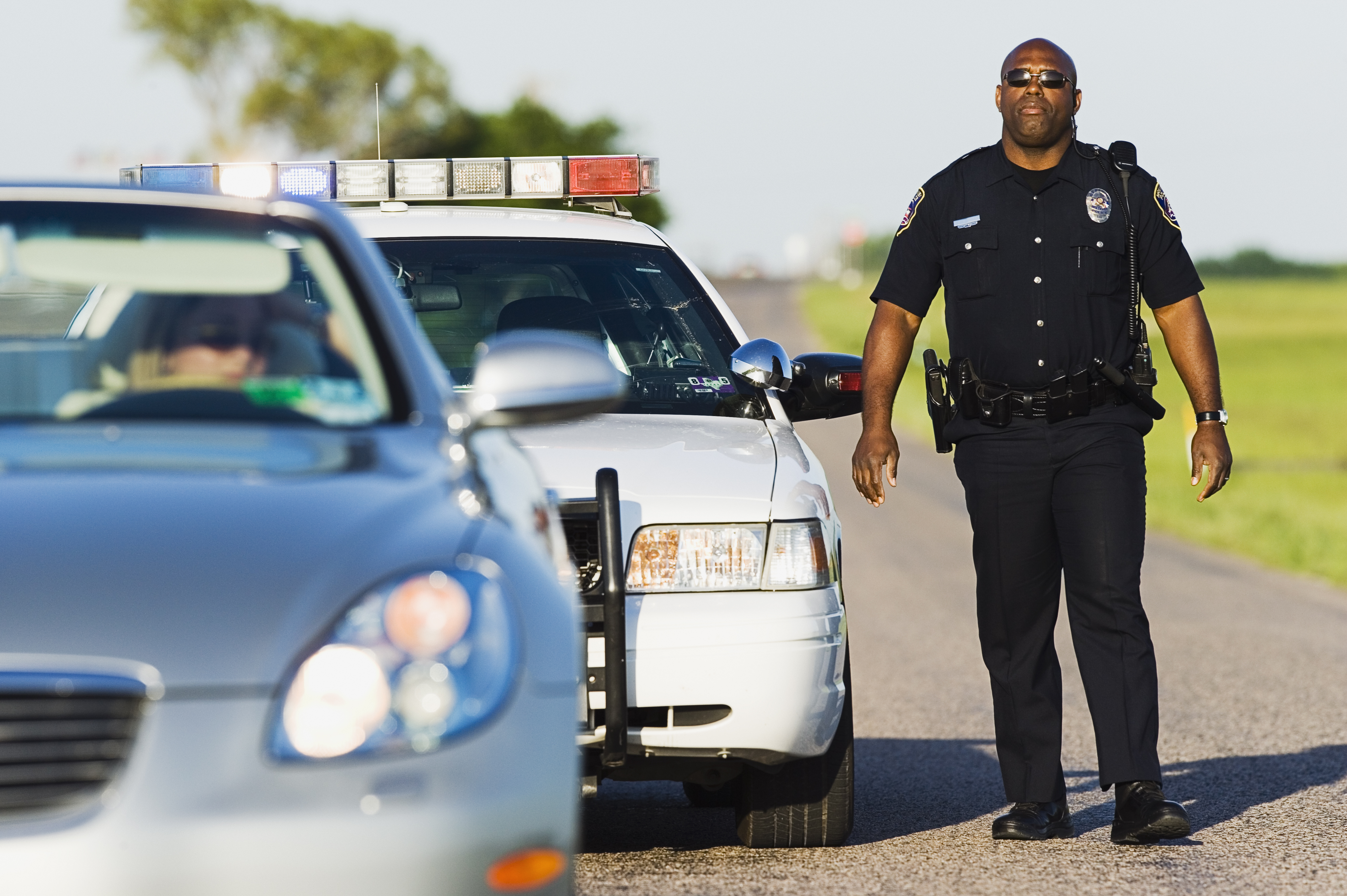
If you’ve previously been convicted of DWI—regardless of how long ago the conviction happened—then your second DWI arrest will be filed as a “DWI – 2nd Offender.” You will immediately notice the differences in how this charge is treated.
First, your bail amount will almost certainly be higher because the judge thinks you have a greater propensity to commit crime and endanger the public.
Second, upon release from jail you will be required to quickly install a guardian interlock device in your vehicle and ordered never to drive a vehicle unless it has such a device.
Third, you will notice that Texas basically doubles the possible penalties for a second DWI. If convicted, you will be sentenced to between 30 days and 1 year in jail and could receive a fine of up to $4,000. Probation is still possible in these cases, but will involve a short amount of jail time also.
Fourth, any conviction will subject you to a longer driver’s license suspension if the first DWI was fairly recent. A judge is likely to suspend your license for 2 years, with the first year being a “hard suspension” (meaning that you cannot get an occupational, or temporary, driver’s license during the first year).
A DWI – Second Offender charge is serious and must be carefully analyzed by an attorney experienced in DWI cases. The lawyers at Shellist Peebles McAlister LLP have nearly 60 years of collective experience in all aspects of DWI cases. As former prosecutors, they have advised police and other prosecutors regarding intoxication offenses. As defense attorneys, they have helped hundreds of clients charged with these cases, often securing dismissals or jury acquittals. Contact our lawyers immediately for help.
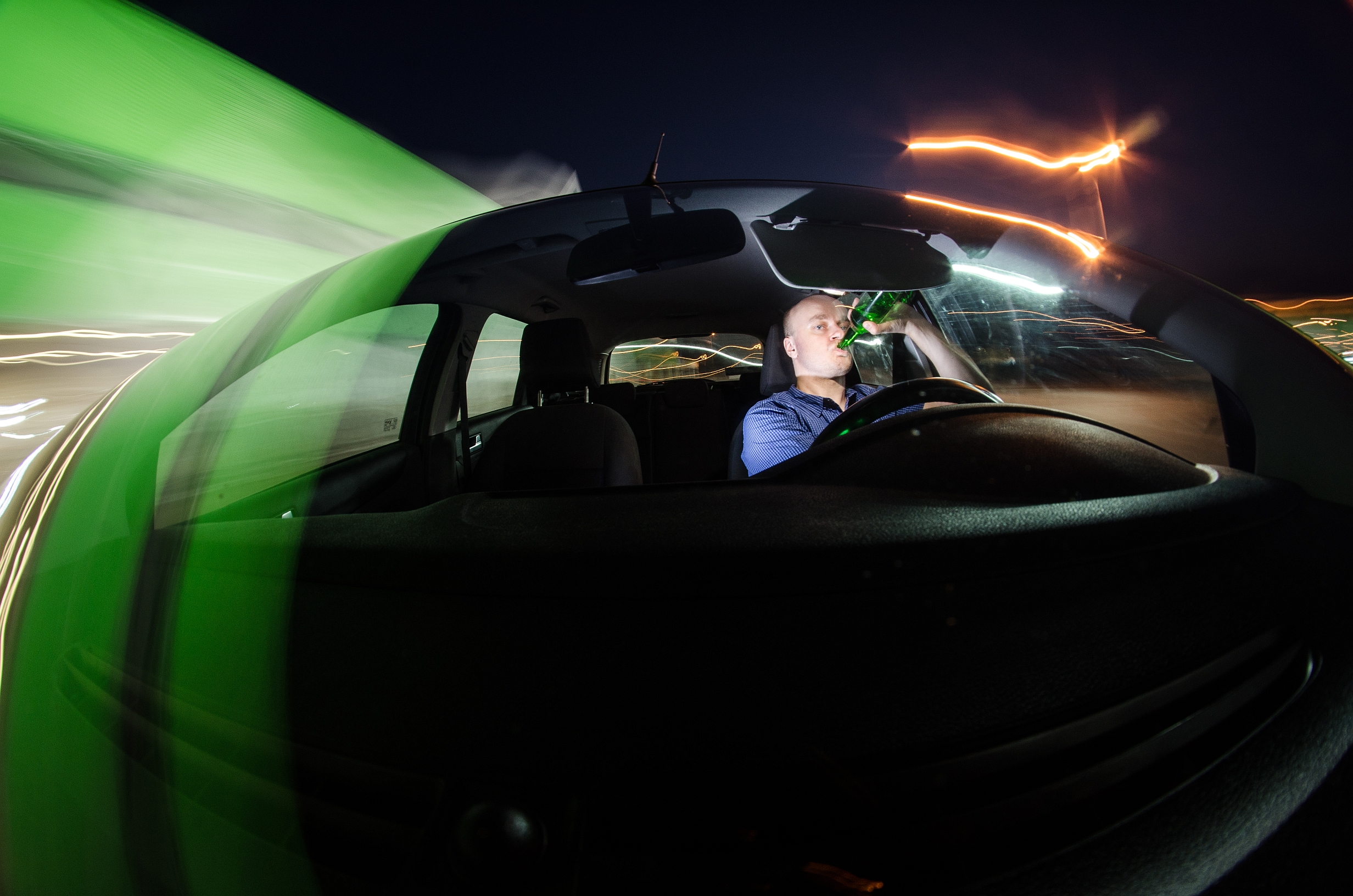
If you’ve been previously convicted two or more times of DWI (regardless of when the convictions occurred) and get arrested for another intoxication offense, the State of Texas will treat you as a serious threat to its citizens. The gravity of your situation will set in immediately. You’ll be in a felony court with exposure, if convicted, to up to 10 years in prison and up to a $10,000 fine. Probation becomes less likely and, if granted, can span many more years than a misdemeanor DWI probation. Ignition interlocks are routine and in some cases the defendant might be ordered not to drive at all as a condition of his/her release from custody pending trial. If convicted, the defendant will almost certainly suffer a significant driver’s license suspension. Any probation will likely include substance abuse counseling and treatment; sometimes inpatient treatment.
If you’ve been charged with felony DWI, you MUST have a lawyer experienced in these cases. A prosecutor and judge will likely consider:
- How long it’s been since your last DWI arrest or conviction;
- Your previous DWI sentences;
- How well you performed on previous DWI probations;
- Whether there was an accident at the time of your arrest;
- Your blood alcohol concentration following your arrest (if it exists); and
- The driving and performance factors from your current arrest.
The lawyers at Shellist Peebles McAlister LLP are former DWI prosecutors that have amassed decades of experience defending DWI cases. Their initial advice to any felony DWI client is DON’T GIVE UP! Even though the case and stakes may feel overwhelming, a thorough investigation by experienced attorneys almost always raises avenues to attack the State’s case.
Hire us. We value your freedom, understand the consequences of a felony DWI arrest, and gladly accept the responsibility of zealously defending citizens charged with a DWI 3rd. Contact us immediately.
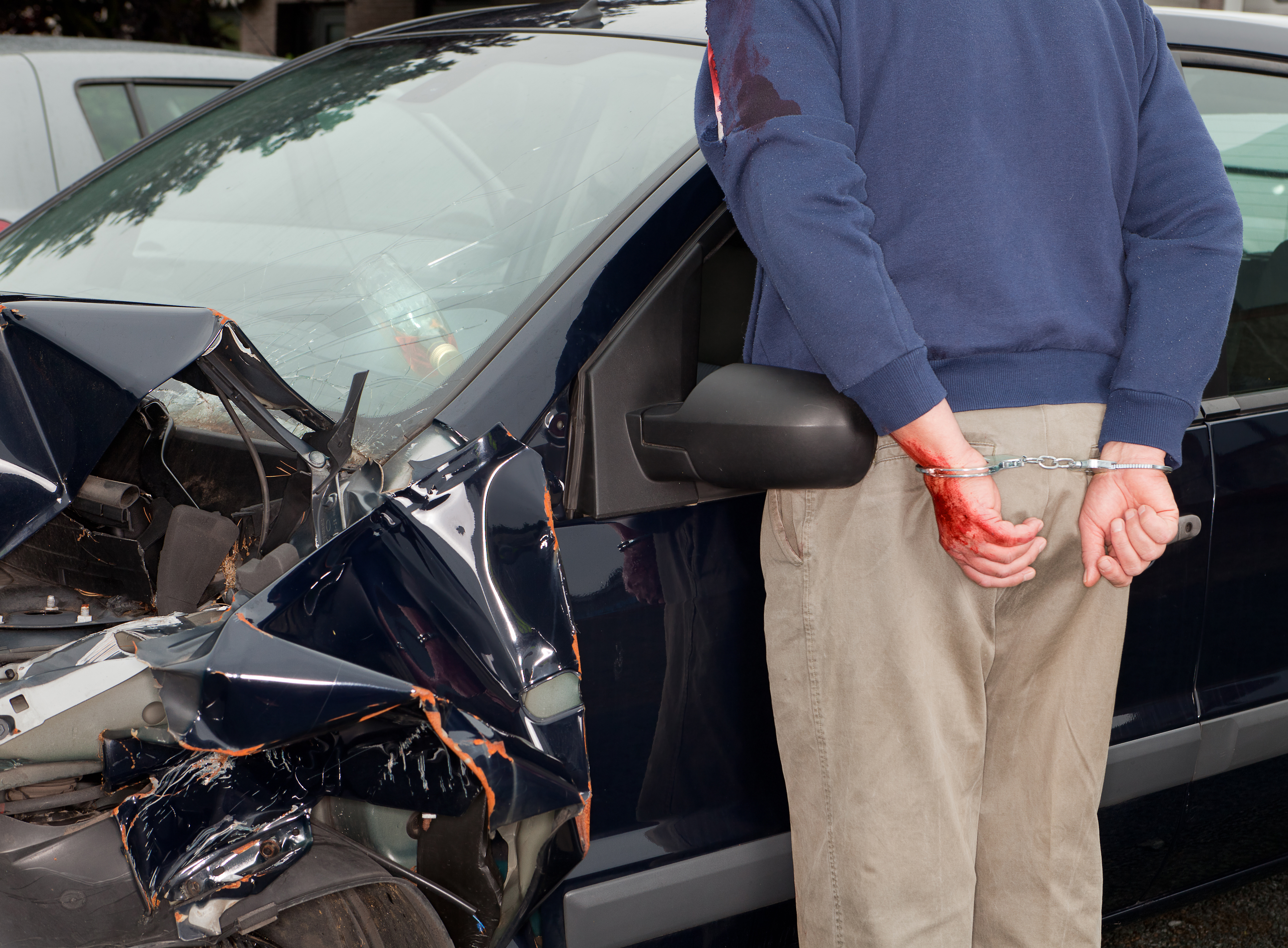
The most serious intoxication crimes involve a combination of DWI and either serious assault or homicide. “Regular DWI” becomes intoxication assault or manslaughter whenever someone suffers serious bodily injury or death. The injury or death can involve someone in your own car, someone in another car, or a pedestrian.
Selecting a DWI lawyer in these cases is a critical decision. The case’s consequences can last a lifetime. An inexperienced or “high volume” lawyer, however, can exacerbate those consequences, making them needlessly harsh. An experienced, battle-tested criminal defense lawyer understands not only how to attack a “regular DWI” case, but also how to challenge expert medical testimony and other evidence that the State needs to prove intoxication assault or manslaughter.
Punishment for intoxication assault or intoxication manslaughter can involve 10- to 20-year prison sentences and hefty fines, even if the defendant has never been arrested. However, do not assume that all is lost. The lawyers at Shellist Peebles McAlister, LLP have spent nearly 60 years, collectively, defending intoxication cases as well as serious assault and homicide cases. We know how to dissect a case and press its weaknesses. We have obtained dismissals and jury acquittals. We force the State to its high burden and fight to keep evidence out of court any time an officer bends the rules. We have fought these cases in the trial courts as well as the courts of appeals. Give us the chance to earn your trust. Our team does not back down!


